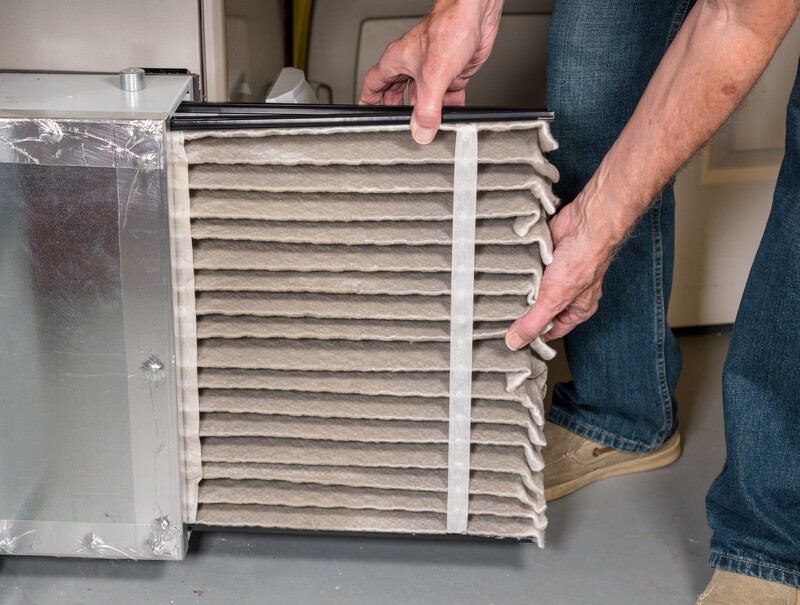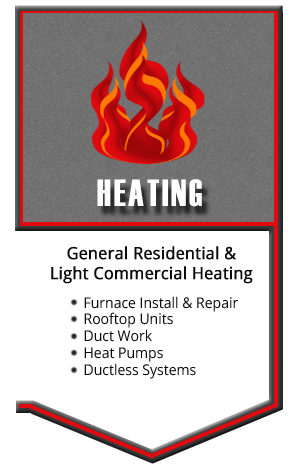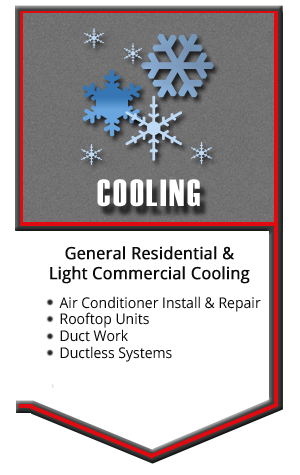Consequences of Not Changing Your Air Filter in Your Home in Mansfield, Ohio
Consequences of Not Changing Your Air Filter in Your Home in Mansfield, Ohio
Heating, ventilation, and air conditioning (HVAC) systems work quietly in the background. In general, HVAC systems will provide years, sometimes decades, of reliable service. Home and property owners rarely think about their HVAC systems. However, a little maintenance can help to improve system performance and extend service life. The simplest HVAC maintenance step is changing the air filter as recommended by the manufacturer. Failure to change filters as directed can have dire consequences for an HVAC system.

Purpose
Air filters are simple devices that capture dust, dirt, and other small particulates. Often referred to as furnace filters, these filters also clean the air moved by air conditioning systems. Most filters are made from pleated paper, fiberglass, or other porous materials. The primary purpose of an HVAC filter is to protect the system from damage. Filters also reduce the amount of dust and other debris blown out into the home.
Change Interval
Each manufacturer has a recommended filter change interval. However, there are some general guidelines that system owners should follow. Filters should never be used for more than 12 months. In most cases, 6 months is the minimum change interval. Larger homes, homes with pets and homes with multiple people should be changed more often. An HVAC filter in a home with four residents and two dogs should be changed once a month. As winters are cold and summers are hot in the Mansfield, OH, area, most HVAC systems in the area are used year around. This means that filters should be changed on a more frequent basis than in some other areas of the country.
Risks
When a filter is not changed as needed, many problems can occur. In the short term, a dirty filter will reduce the system’s ability to heat and cool a home. The system will also release dust, dirt, dander, and other allergens into the home. A dirty filter will cause an increase in energy consumption as the system must work hard to pull air through the filter. A dirty filter may also cause dirt buildup in other areas of the system. For example, the coils that cool or warm the air may become clogged with dirt. This dirt will need to be professionally removed to restore proper system function. A badly clogged HVAC unit may even cause system failure such as burned out blower motors or leaking components.
Failure to properly change air filters according to manufacturer recommendations will decrease inside air quality, increase energy consumption, and cause premature wear and damage to the HVAC system. Air filters are inexpensive to buy and the low cost of filters is much less expensive than HVAC system repairs or replacement.



